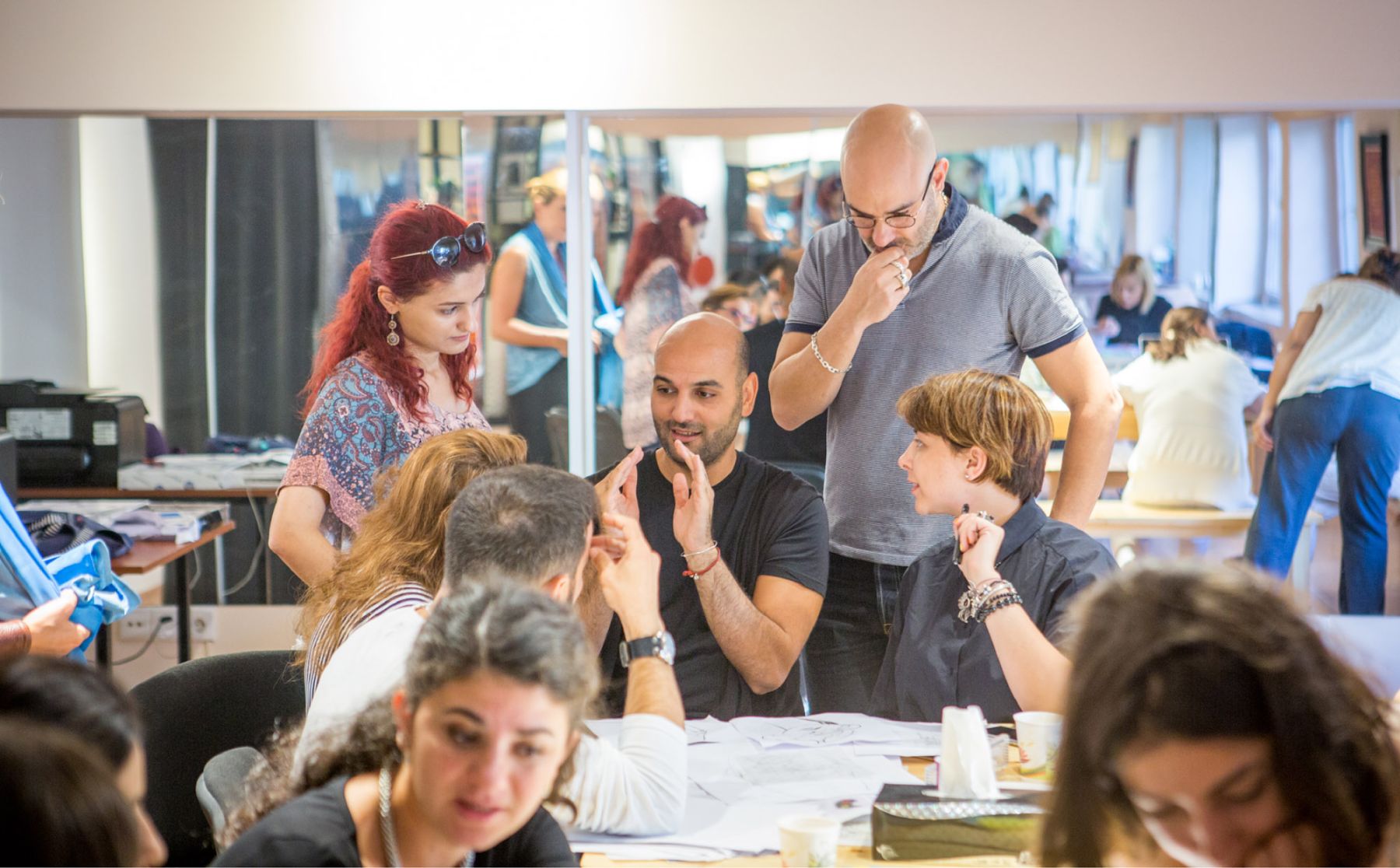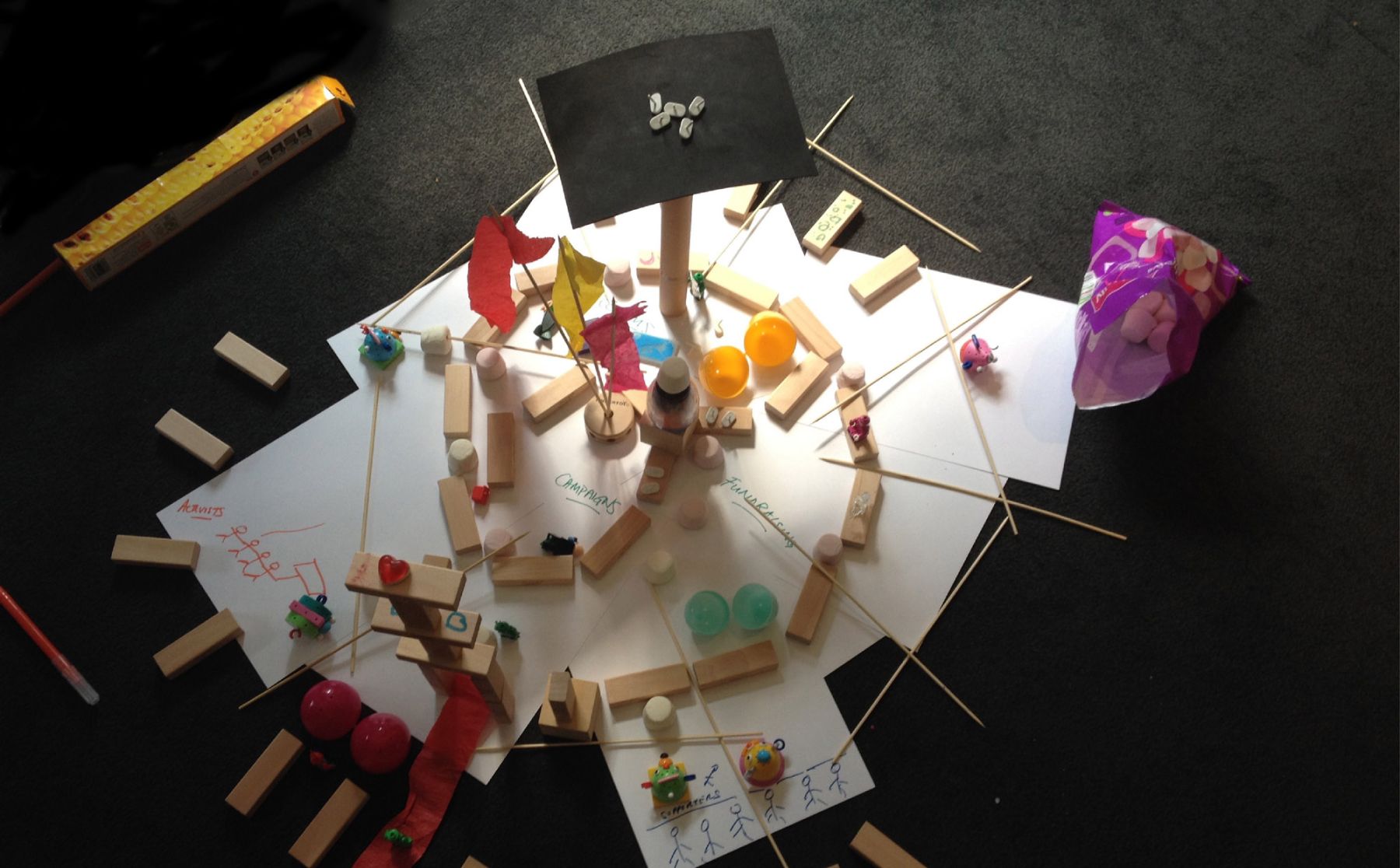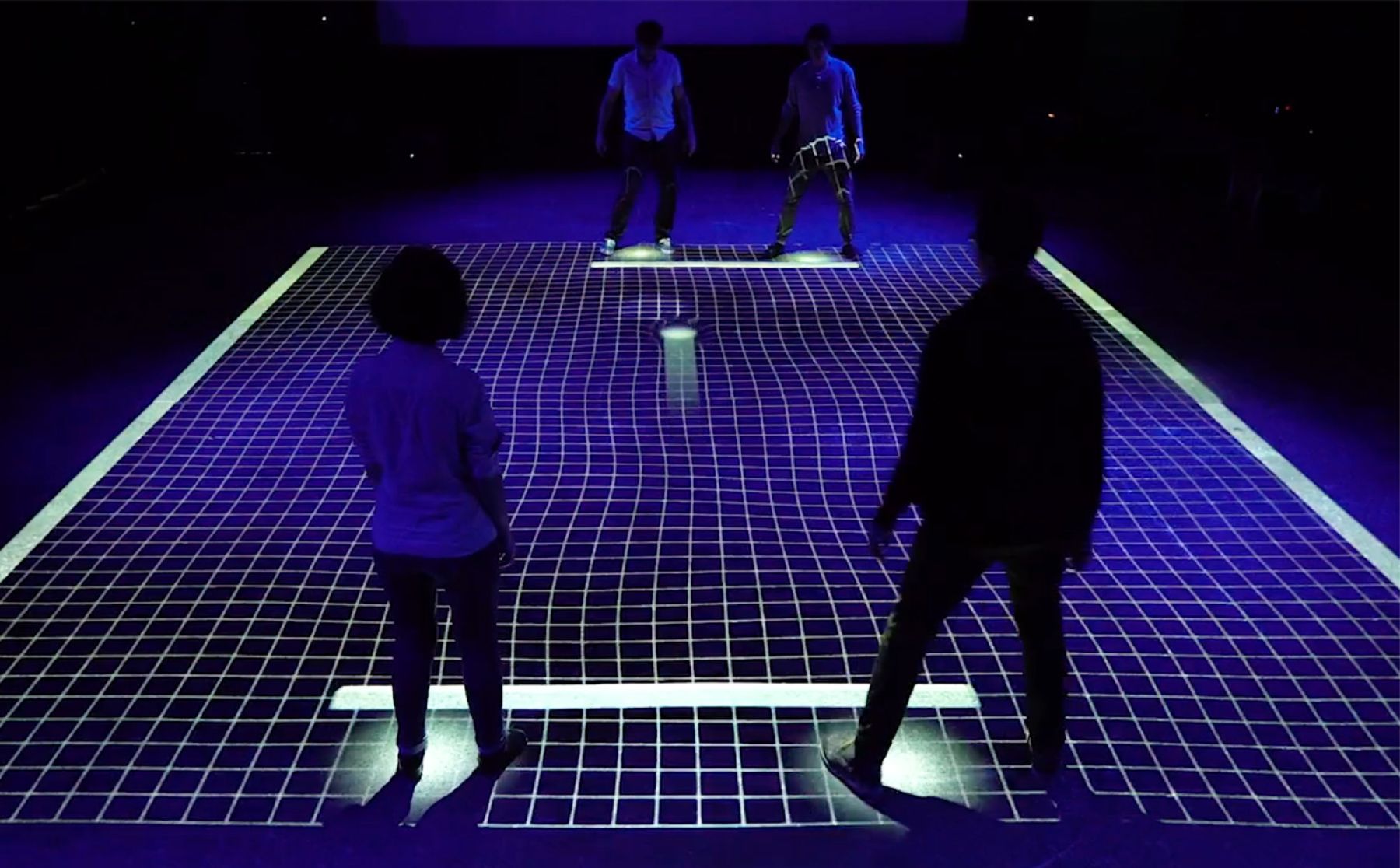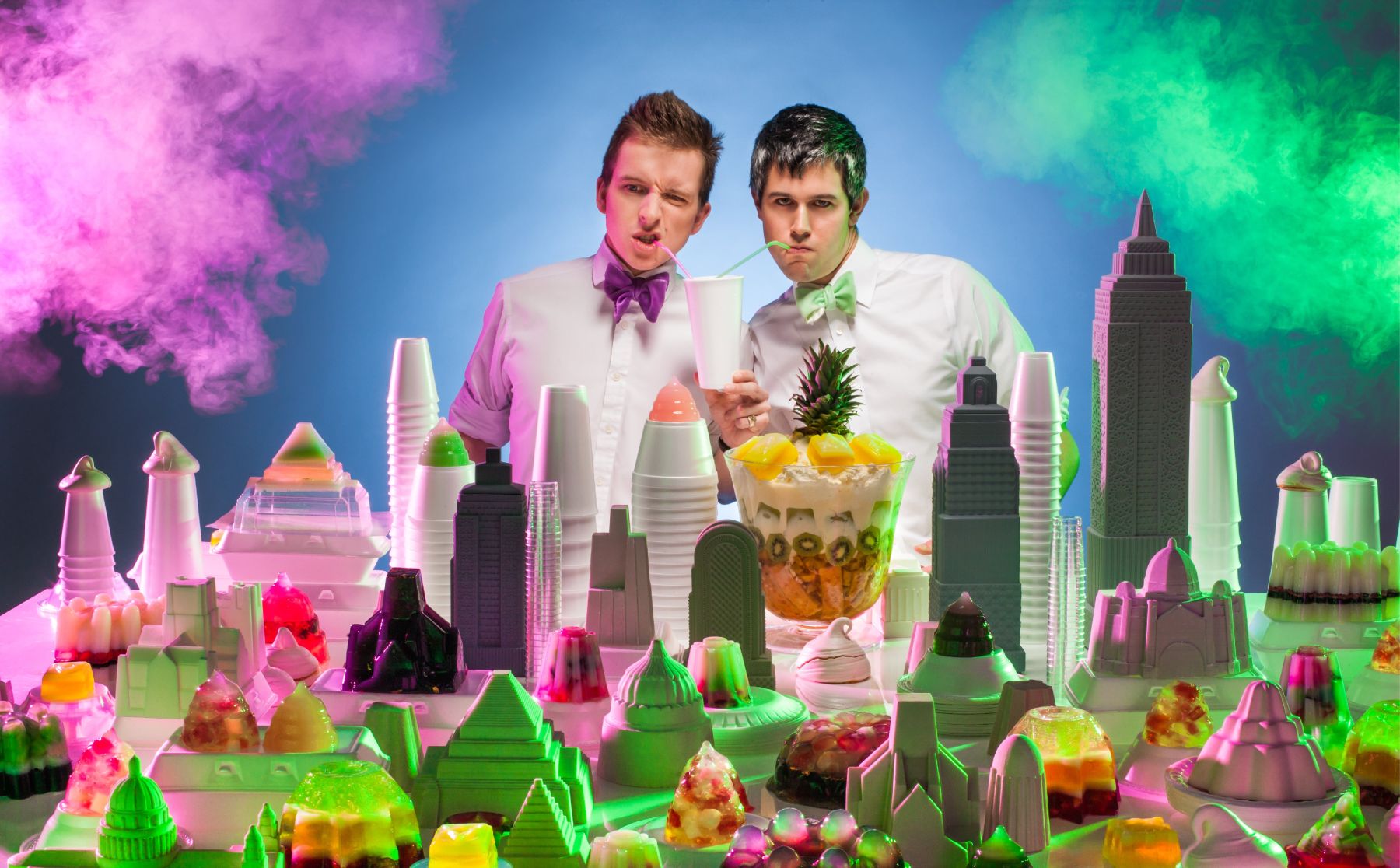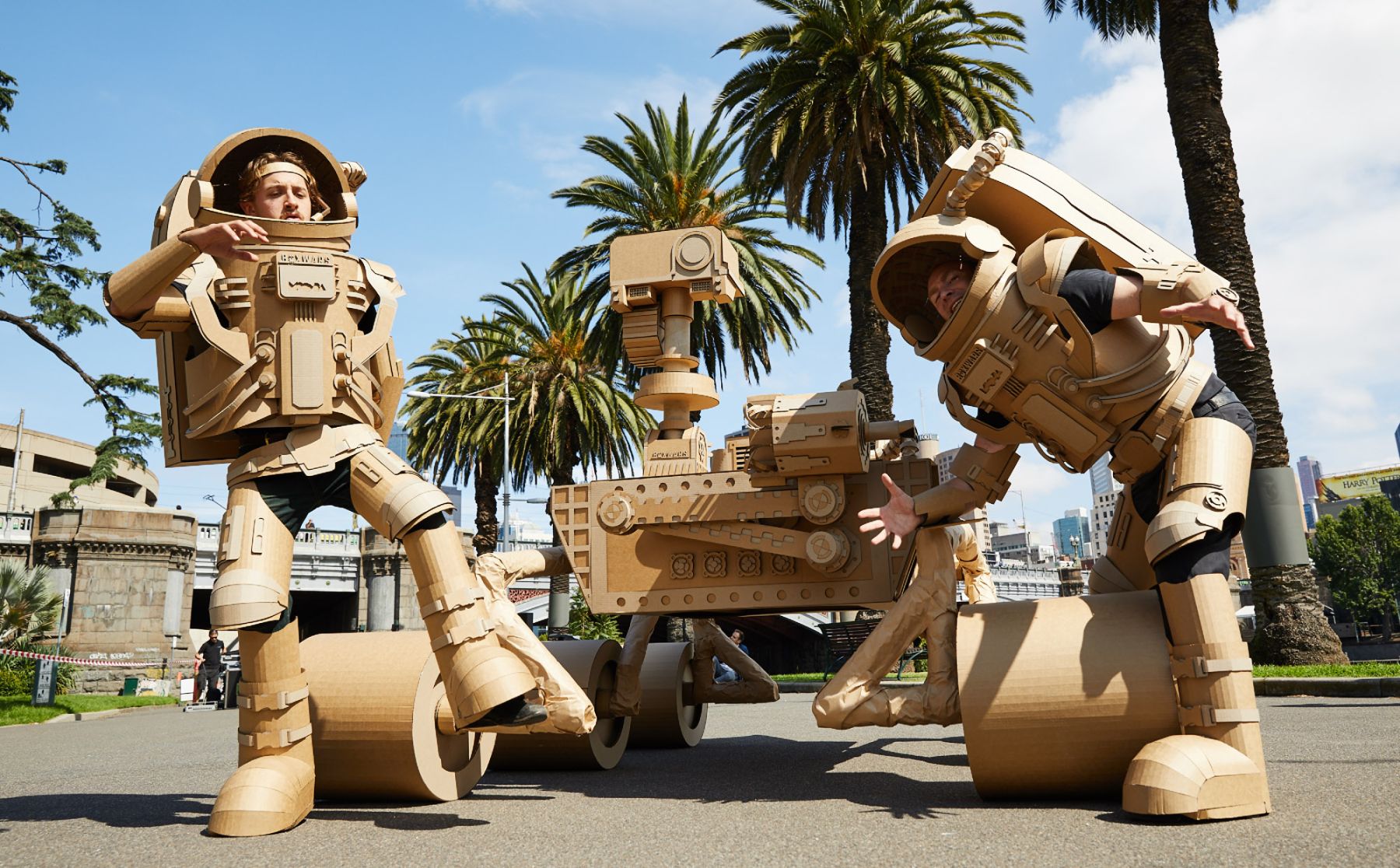2000. The beginning of a new millennium. Long, long ago, we were wide-eyed and filled with wonder with what the new century would bring.
The first iPod came out (remember those?) Films including the cult classic Shrek and Harry Potter and the Philosophers Stone released, and Google was only two years old. Creativity in technology was booming; and 22 years later, technology has become a vitality.
Along with a plethora of 21st century nostalgia, a song by the English rock band Muse was released, titled New Born.
‘Link it to the world’, sings Matthew Bellamy, lead singer of Muse. The lyrics are telling to humanity today. Bellamy has said about the lyrics, “It’s about a semi-fear of the evolution of technology,” Bellamy explained, “and how in reality it’s destroying all humanity. My fear is that we can’t control it because it’s moving faster than we are, so the songs setting myself in a location in the future where the body is no longer important and everyone’s plugged into a network. The opening line is ‘link it to the world’, so it’s connecting yourself on a worldwide scale and being born into another reality…”
Could New Born be a prediction to our future? Or even possibly, our present? With the rise of immersive technology, does it seem possible for humanity to be plugged into a virtual reality—one where our true identity becomes irrelevant when we are connected to a perfect utopia, all the while our real world effervesces as a disturbing dependent on technology?
Fearing technology’s growth and its corruption to humanity’s freedom and its robbery of our creativity may be a controversial topic, but the proof is in the pudding—real pudding that is, not pudding found in virtual reality games. Over the past few years, technology has taken over our daily lives and immersive technology is enrolling to modernity.
Even though the benefits of immersive technology offer immaculate solutions in the health industry, travel and tourism, and more; how soon will immersive technology consume us? Just as the internet and social media started as a convenient connection to communicate, it is inarguably a determent to our mental health, and especially to the younger generations using with iPads and smartphones as early as three years old. As virtual reality, augmented reality, and mixed reality evolves and becomes more accessible, it could become the next “best” thing (just as social media was).
As touchscreens and extended realities are increasingly becoming the new norm, the human touch eliminate in creativity may soon be a thing of the past. As technology’s advancement continues to solve many gaps in our modern world, the downside may be less of a wonder and more of a warning to our tech take-over future.
Millennials remember their childhood cartoons being hand-drawn lions and princesses. Today, digital animations have taken over cinematography. Even in the art world, as digital art has gained respect (as it deserves), will we see a death in paintings and handmade sculptures? 3D printing has even advanced to be a revolutionary addition to the health industry. But how soon until 3D printing replaces handmade pottery and even skilled car manufacturers work?
Quick access to Google and easy connections through social media has created a loss of effort and lack of creative thinking to reach goals. Majority of people are understanding the world through what is already provided. People are less likely to pave their own paths in creativity.
Is sustainable technology a solution for our new future or a sacrifice to our human creativity?
With majority of humanity in awe of our technological advancements, it could be said that standing against such changes is independent critical thinking—a concept that is slowly dying amongst the masses who rely on quick Google answers and social media debates.
Blockbusters, independent films, and dystopian novels have all pondered the same question. Surrogates (2009), The Matrix (1999), books by Ray Bradbury, George Orwell and Aldus Huxley all created worlds where humanity was in one way or another dependent on technology and detached from the real world. So, as technology increasingly grows as a creative solution toward modern advancement, it is important to be aware that it can soon turn into a crutch against creativity.
By
Nora Al-Taha



